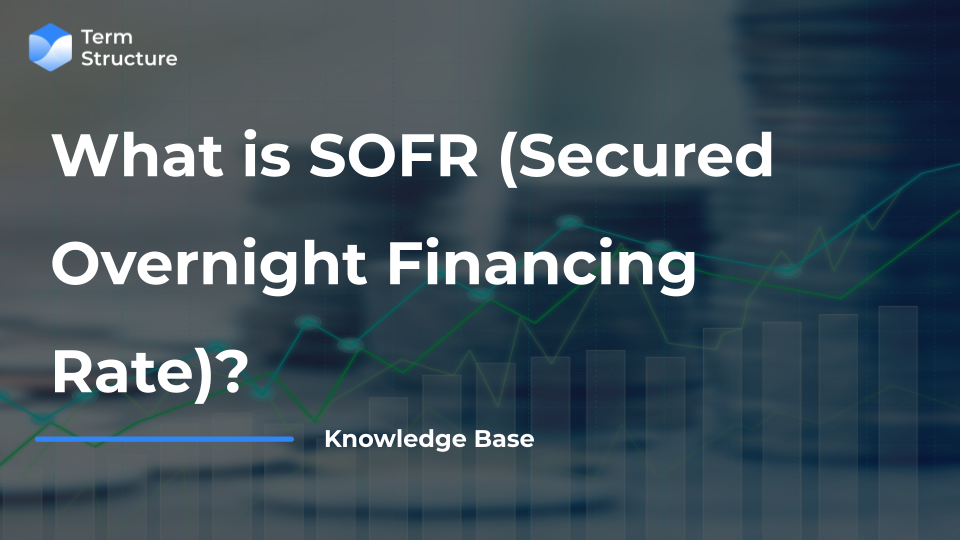What is SOFR (Secured Overnight Financing Rate)?

SOFR, or the Secured Overnight Financing Rate, is a benchmark interest rate that serves as an alternative to LIBOR (London Interbank Offered Rate) for U.S. Dollar-denominated transactions. SOFR is based on transactions in the U.S. Treasury repurchase agreement (repo) market, specifically on overnight, secured loans collateralized by U.S. Treasury securities. This market is considered a robust and well-defined market, providing a deep source of liquidity.
SOFR represents the cost of borrowing cash overnight using U.S. Treasury securities as collateral. Unlike LIBOR, which reflects unsecured lending among banks, SOFR is a secured rate. It is designed to serve as a key reference rate for a wide range of financial products, including floating-rate debt, derivatives, and other financial contracts.
SOFR is calculated as a volume-weighted median of transaction-level repo data, obtained from various segments of the U.S. repo market. The Federal Reserve Bank of New York publishes the SOFR rate daily, at approximately 8:00 a.m. Eastern Time.
In addition to overnight SOFR, there are discussions and efforts to develop and publish SOFR rates for other tenors (e.g., 1-month, 3-month) to accommodate various financial products that currently reference LIBOR with different maturities.
